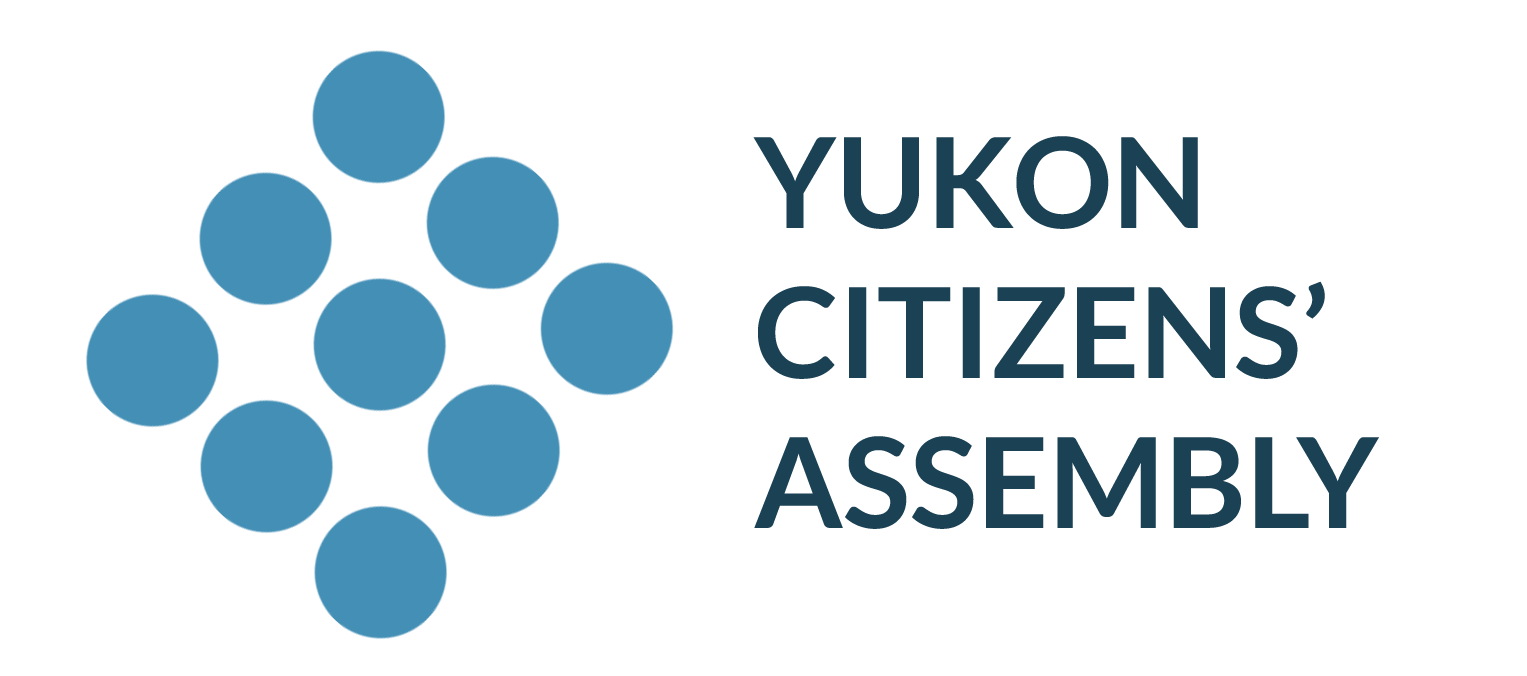I'd like to see the guesswork taken out of elections. I believe here I'm thinking mostly of recent *federal* elections, when we were being 'whipped' and cajoled into strategic voting, free of course to vote how we felt most comfortable, but with the risk that the other side would prevail, because one could not decide if one's preference would split the vote or not. Holding one's nose to vote for the biggest 'white hat' flock when one preferred a smaller one is not fun, though I believe I decided to vote for my preferred party in the end. But the party system is overly tribal, and the mockery from the big tent toward the helping ones makes it an unsavoury gamble.
First-past-the-post systems are fundamentally unfair … one must vote for a particular person and hope that, if elected, that person will represent their concerns. Further, the voter hopes but can never be certain that the voted-for person doesn't flip and opt for another direction–for example, the way previous Premier of the BC NDP, John Horgan, did regarding Site C.
Proportional rep sends votes directly to the party one chooses. Mind you, the then-leader of the BC Green Party also chose to support Horgan, and thus went against his party's stated position. …. Also, recent editions of The Guardian Weekly about the win by Labour in the UK tell us that Fair Vote methods can also lead to misrepresentation (numbers for Labour were very low, yet Labour won the election); however, I think that comes down to the fair vote system employed in the UK.
Locally, the way in which the Yukon's current environment minister has jumped from the Greens to the Liberals (and the way he, despite being a 'green'-signalling chameleon, told me once that, although his diesel VW car had been a part of the lying Volkswagen campaign, and was thus a polluter, he was not going to get rid of the car), kept rather quiet and in the background about the horrific spill of cyanide at the Victoria Gold heap leach minesite is just the sort of self-important tomfoolery misrepresentation we do not need.
A voted-in party must adhere to its stated, pre-election positions. A party is more stable than an individual, as my above examples show.
Also, I would like to see certain names disallowed. If I say I'm a greenie, an environmental-minded person, that's a fair self-description; if a party is allowed to call itself the Green Party, that means all other parties are not, in the average voter's mind, environment-minded. I think it's unfair, even if I'm environmentally concerned. It's misleading–just as the chemical poison that is called Simple Green is anything but 'green'; not saying that the Green Party is or is not 'green,' but it's a name that cheats.
To sum up, I'm not politically knowledgeable enough to figure out why the UK's system led to a Labour result when too few voted for that party (though I like the result), so if that can be studied so that that cannot happen here, that would be excellent. At least Canada and the Yukon by extension are not plagued by the electoral college built-in sneakiness, but we still need to bring in proportional representation.
Thanks. Hope this makes vague sense.
********** File Upload (if any) will appear below *********************
